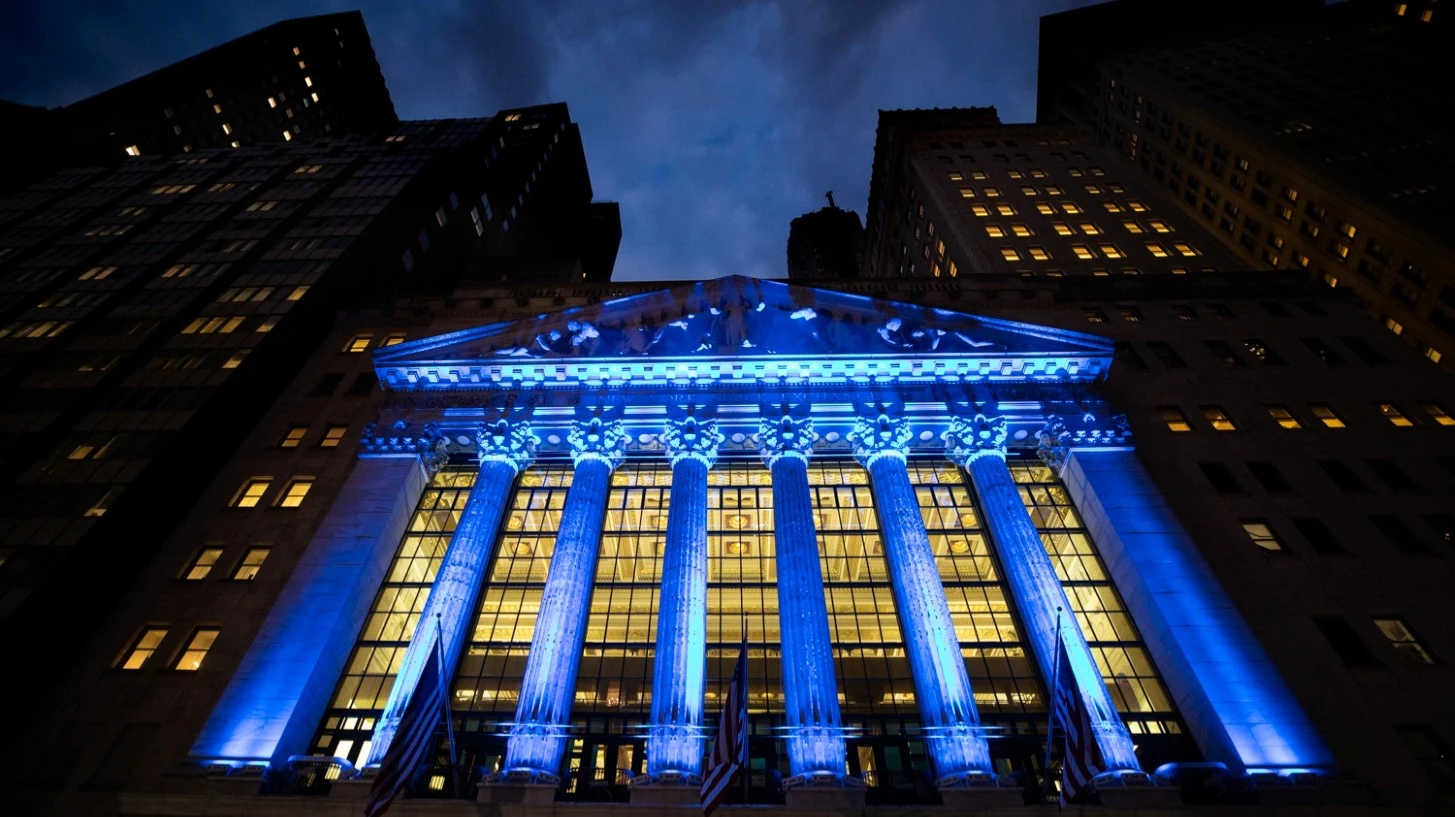Apollo's chief economist named three stock market risks that investors should be aware of
Stagflation risks are underestimated and the "Magnificent Seven" will not hold the market back, says Thorsten Slock

Thorsten Slock, chief economist at Apollo Global Management, one of the largest investment firms, warned that investors are being overly careless about the risks of stagflation and market concentration. Slok is known for his comprehensive approach to markets and geopolitics. In an interview with Barron's, he named three things to keep a close eye on to avoid being in the negative. These risks, as the publication put it, keep analysts up at night;
Dollar
As long as the stock market ignores concerns about the huge U.S. budget deficit and the extent to which investors are willing to continue funding White House spending, the key indicator to watch is the dollar, says Apollo's chief economist. After weakening in April, foreign investors have regained interest in the dollar, he said. This is important because they own about 30% of all U.S. government bonds, on the demand for which directly depends on the exchange rate of the U.S. currency.
The dollar has been losing value for most of 2025, but has stabilized recently. If the U.S. currency weakens sharply again - which Slok does not see as the main scenario - it will exacerbate inflation, which he already expects to increase due to the imposition of duties. Combined with a slowing economy, Slok sees stagflation on the horizon.
"The Magnificent Seven."
Slocke is concerned that the S&P 500 index and credit spreads are not showing signs of the slowdown in profit growth that is inevitable in stagflation. As a result, the "Magnificent Seven" - the stocks of seven major technology companies, as well as other beneficiaries of the artificial intelligence boom - are at risk of being hit.
The risk may be indirect: If the remaining 493 companies in the S&P 500 face falling profits and rising costs, they will cut back on investments in artificial intelligence and purchases from the seven companies. "The economy can't hang on just seven stocks," Warned Slocke.
Market concentration
Another problem is the market's high concentration in AI-related stocks. Apollo's chief economist calculates that Nvidia's share of the S&P 500 is about 8%, the highest weighting of a single security in the index since 1981.
"The first page of any investment textbook says: you need to diversify. When you invest in the S&P 500 Index, you think you are diversified, but that's clearly not the case if you have almost 10% in one stock," he said.
Slocke believes in AI's ability to make a big difference in people's lives, but he worries that investors are not being critical enough of company valuations. He wonders if the hype around AI justifies the fact that the P/E (price-to-earnings) multiples of the largest companies are even higher now than they were at the height of the dot-com bubble in the 1990s;
Even if things look favorable right now, investors should keep a close eye on any signs of a possible deterioration in the situation, advised Slocke.
This article was AI-translated and verified by a human editor
